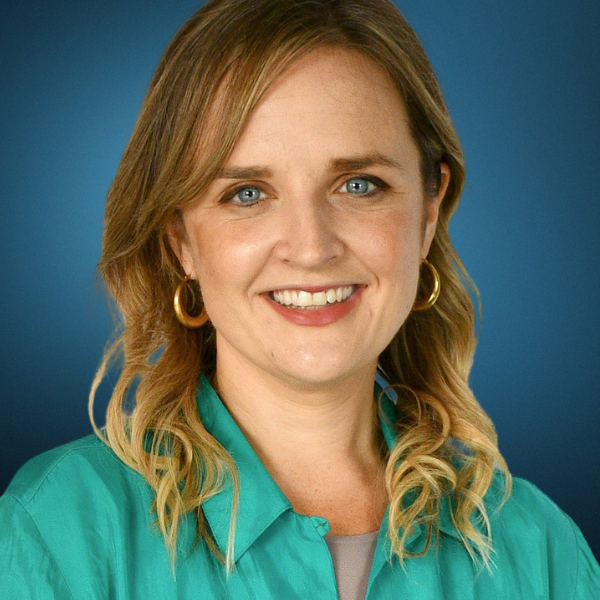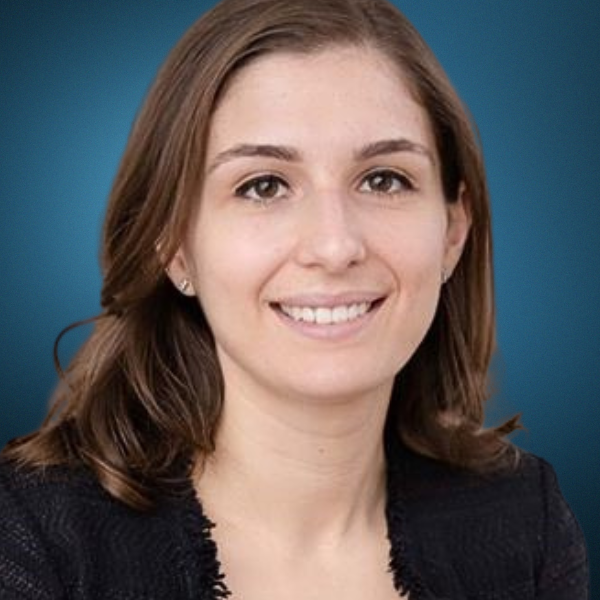 Chloe Bordewich joins host Melissa Gismondi for a conversation about the role of secrets and information in shaping political relationships and historical narratives. Bordewich reflects on her experiences in Egypt during the 2013 coup and the spread of rumours during times of political turmoil. This episode also explores the history of information control in Egypt and the impact it has on public understanding and trust, emphasizing the importance of understanding the circulation of information and its relationship to historical and contemporary inequalities. Chloe Bordewich was the JHI's 2023-24 JHI-CDHI Digital Humanities Postdoctoral Fellow and her research focused on the gaps between what the public has the right to know, and what the state is entitled to conceal; between official propaganda and what members of the public know to be true.
Chloe Bordewich joins host Melissa Gismondi for a conversation about the role of secrets and information in shaping political relationships and historical narratives. Bordewich reflects on her experiences in Egypt during the 2013 coup and the spread of rumours during times of political turmoil. This episode also explores the history of information control in Egypt and the impact it has on public understanding and trust, emphasizing the importance of understanding the circulation of information and its relationship to historical and contemporary inequalities. Chloe Bordewich was the JHI's 2023-24 JHI-CDHI Digital Humanities Postdoctoral Fellow and her research focused on the gaps between what the public has the right to know, and what the state is entitled to conceal; between official propaganda and what members of the public know to be true.
 Humanities at Large is a podcast from the Jackman Humanities Institute that features conversations with our Fellows—scholars, artists and thinkers—who explore how the humanities can offer fresh perspectives on historic and contemporary issues. Organized around an annual theme, Humanities at Large is a must-listen for anyone passionate about the power of ideas! Series 1 includes conversations with Teresa Heffernan, Chloe Bordewich, Nilanjan Das, Jane Wolff, Olivia Shortt and Kamari Maxine Clarke.
Humanities at Large is a podcast from the Jackman Humanities Institute that features conversations with our Fellows—scholars, artists and thinkers—who explore how the humanities can offer fresh perspectives on historic and contemporary issues. Organized around an annual theme, Humanities at Large is a must-listen for anyone passionate about the power of ideas! Series 1 includes conversations with Teresa Heffernan, Chloe Bordewich, Nilanjan Das, Jane Wolff, Olivia Shortt and Kamari Maxine Clarke.
Host Melissa Gismondi (she/her) is an award-winning writer and audio producer. She holds a PhD in American history and was the 2020-2021 New Media Public Humanities Fellow at the Jackman Humanities Institute.
Listen now above or on Apple, Spotify, Amazon Music, iHeartRadio, YouTube, Deezer or Player FM. For a full list of all available episodes visit out podcast page.
Series 1—Absence
Absence takes many forms - absence as loss, abandonment, and omission; absence as exile, separation, and unbelonging; and, paradoxically, absence as boundless, infinite, and transcendent. Ways of knowing, communal memory, as well as personal and cultural identities are all shaped, challenged, and even denied by various types of absences. Voids, silences, privations, gaps and solitudes are forces in themselves. What is not there can be even more powerful than what is there. How does absence affect our views of and place in the world? What meaning can we make of those “blank void regions”? What happens when absence is present? How are today's technologies and our networked world challenging the binary distinction of presence and absence?


